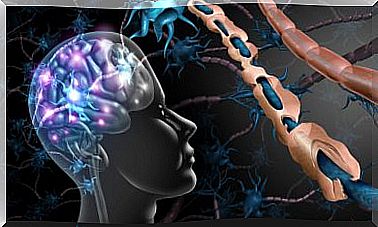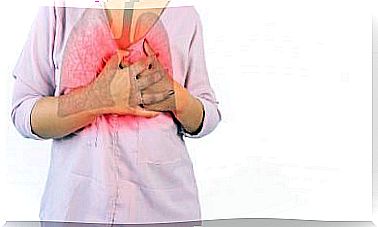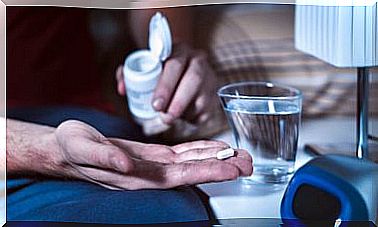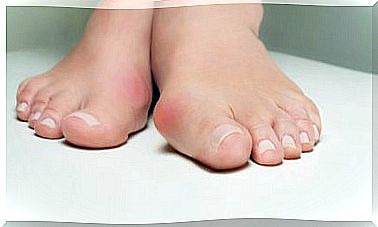Causes And Treatments Of Delusional Disorder
Delusional disorder is a psychotic disorder characterized by the presence of one or more delusional ideas. This means that people are convinced of facts that are not true.
For example, they may have the belief that someone is after them, that they want to poison them, or that their partner is unfaithful to them. There are even those who say they have won a Nobel Prize or an important recognition, convinced of it.
They are situations that could occur in real life, they are not implausible. However, the problem is that the person continues to defend that the delusional idea is true, despite all the evidence indicating otherwise.
On some occasions, the person firmly believes in almost impossible ideas, such as that he is the protagonist of a novel or that he has been chosen to save the world. These types of ideas are known as weird delusions.
Diagnostic criteria for delusional disorder
According to the “Diagnostic and Statistical Manual of Mental Disorders (DSM-5)”, for there to be a diagnosis of delusional disorder the person must meet the following criteria:
- Presence of delusions that persist for at least one month.
- The person does not meet criteria to be diagnosed with schizophrenia. There are usually no hallucinations, and if they exist, they are related to the theme of delirium.
- The behavior of the person is relatively functional and does not tend to be strange in other areas of his life.
- If there have been simultaneous affective episodes with the delusions, their total duration has been short in relation to the duration of the delusional periods.
- The disorder is not due to the use of any type of substance or to a medical condition.
Among other things, it should be noted that delusional disorder can be of different types:
- Erotomaniac.
- Of greatness.
- Celotypic.
- Persecutory.
- Somatic.
- Mixed.
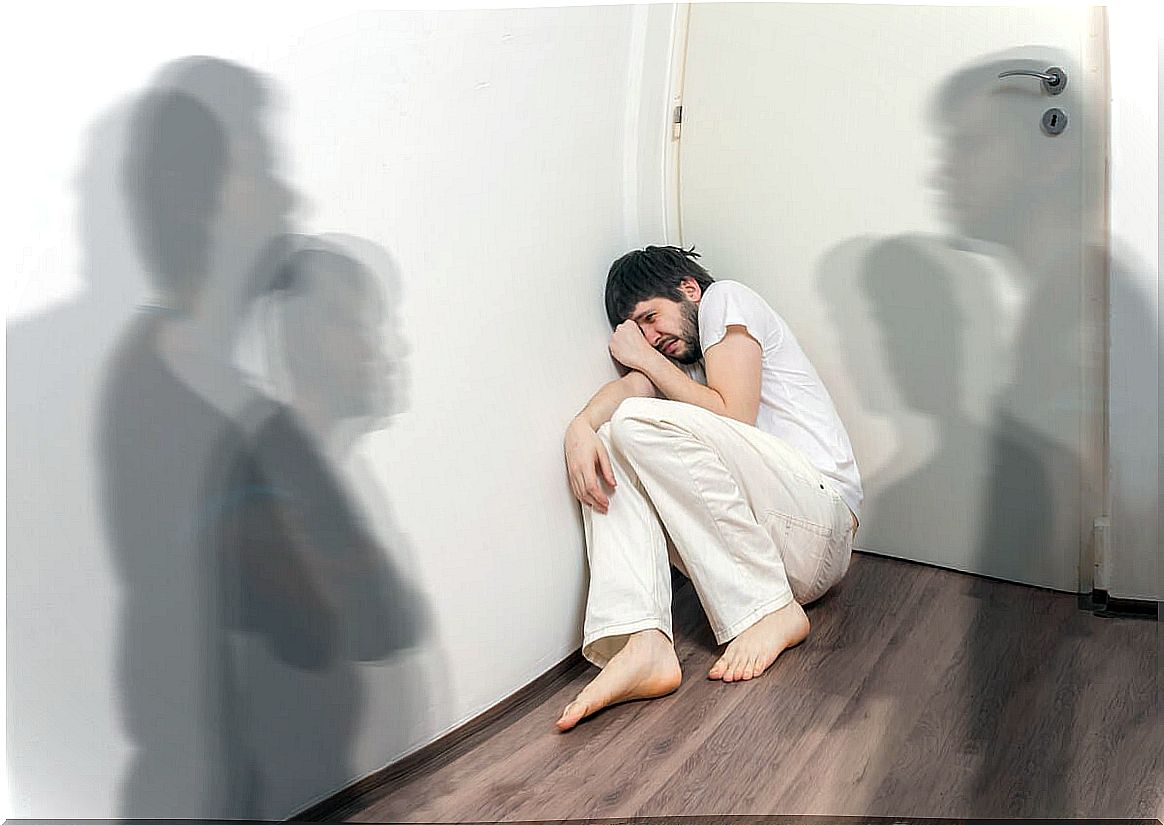
Causes of delusional disorder
To date, the causes of this mental problem remain unclear. Recent advances in molecular genetics have made it possible to postulate new hypotheses that could clarify the origin, although they cannot explain all cases.
From the outset, genetics is considered a risk factor, since there is a higher prevalence of delusional disorder and personality traits such as mistrust and jealousy in relatives of people diagnosed with this disorder.
After decades of study, the dopaminergic hypothesis is considered valid as a biological explanation for the appearance of schizophrenia. Based on this idea, current studies on delusional disorder go in the same direction, since both disorders share genetic polymorphisms.
Other possible causes are related to the personality of the subject. Thus, paranoid personality disorder can evolve, in its most severe cases, towards the development of a chronic delusional disorder. Also high levels of neuroticism together with a cognitive style prone to worry can increase the risk of developing the disorder.
Organic delusional disorder, due to illness or substance use, can cause delusions in some brain, metabolic, endocrine, and autoimmune diseases. The ideas may be the same as in psychotic disorder, however, they are originated by the illness itself.
Treatment of delusional disorder
Patients with delusional disorder tend to reject any type of treatment out of the box. The main reason is that most are not aware of their illness, since they assume their delusion to be true.
Despite this, there are several therapeutic options to improve your symptoms. These are based, above all, on two main options:
- Pharmacological treatment.
- Psychotherapeutic treatment.
Pharmacotherapy
Drug treatment is the foundation of treatment for delusional disorder. The most commonly prescribed drugs are neuroleptics and all, in one way or another, act on the dopaminergic pathways. Some of the most used are the following:
- Pimozide. Until a few years ago it was the treatment of choice in delusional disorder of the celotypic type.
- Butyrophenones. The best known is haloperidol, a non-selective dopamine receptor blocker. It is the drug of choice, especially for the first days of treatment for delusional disorder.
- Phenothiazines. The best known is chlorpromazine. Other phenothiazines, such as thioproperazine (Majeptil), trifluoperazine (Eskazine), periciazine (Nemactil), or perphenazine (Decentan) are also widely used oral treatments.
- Risperidone It is the most widely used atypical antipsychotic to treat chronic delusional disorder.
- Clozapine. It is used to treat schizophrenia, delusional disorder, bipolar and depressive disorders. Also in the case of neurological diseases in which there are psychotic symptoms.
- Quetiapine. It should be prescribed with caution in patients with hypotension, cerebrovascular disease and a history of epilepsy.
Antidepressants are also a good treatment option. This is because patients sometimes manifest depressive symptoms, as well as symptoms of anxiety or irritability.
It is important that the administration of prescribed drugs is not suspended even if the person undergoing treatment improves their symptoms. For any change in the dose, it will be convenient to contact the professional who prescribed it.

Psychotherapeutic treatment
The fundamental objective of psychotherapy is to reduce the most persistent delusions and enhance the adaptation of the patient to his environment. For this, any therapy should take into account the following points:
- Create a good therapeutic bond between therapist and patient.
- Reduce the patient-centered experience.
- Limit social isolation.
- Encourage positive emotional expressions.
- Promote the acquisition of new coping strategies.
The therapies most used today are the following:
- Cognitive-behavioral therapy. It is, perhaps, the most used. Its greatest achievement is relieving symptoms, creating greater adherence to treatment, and fostering social skills.
- Systemic therapy. Family therapies are suitable to improve the adaptation of the patient to his family group. They also make it easier for family members to better understand the patient and have better resources to interact with him.
- Group psychotherapy. This type of therapy enhances the adaptation of the patient to reality, so it can be very beneficial.
Psychological treatment in delusional disorder is highly recommended, since it works on adherence to drug treatment and helps the patient to better understand their thoughts.



